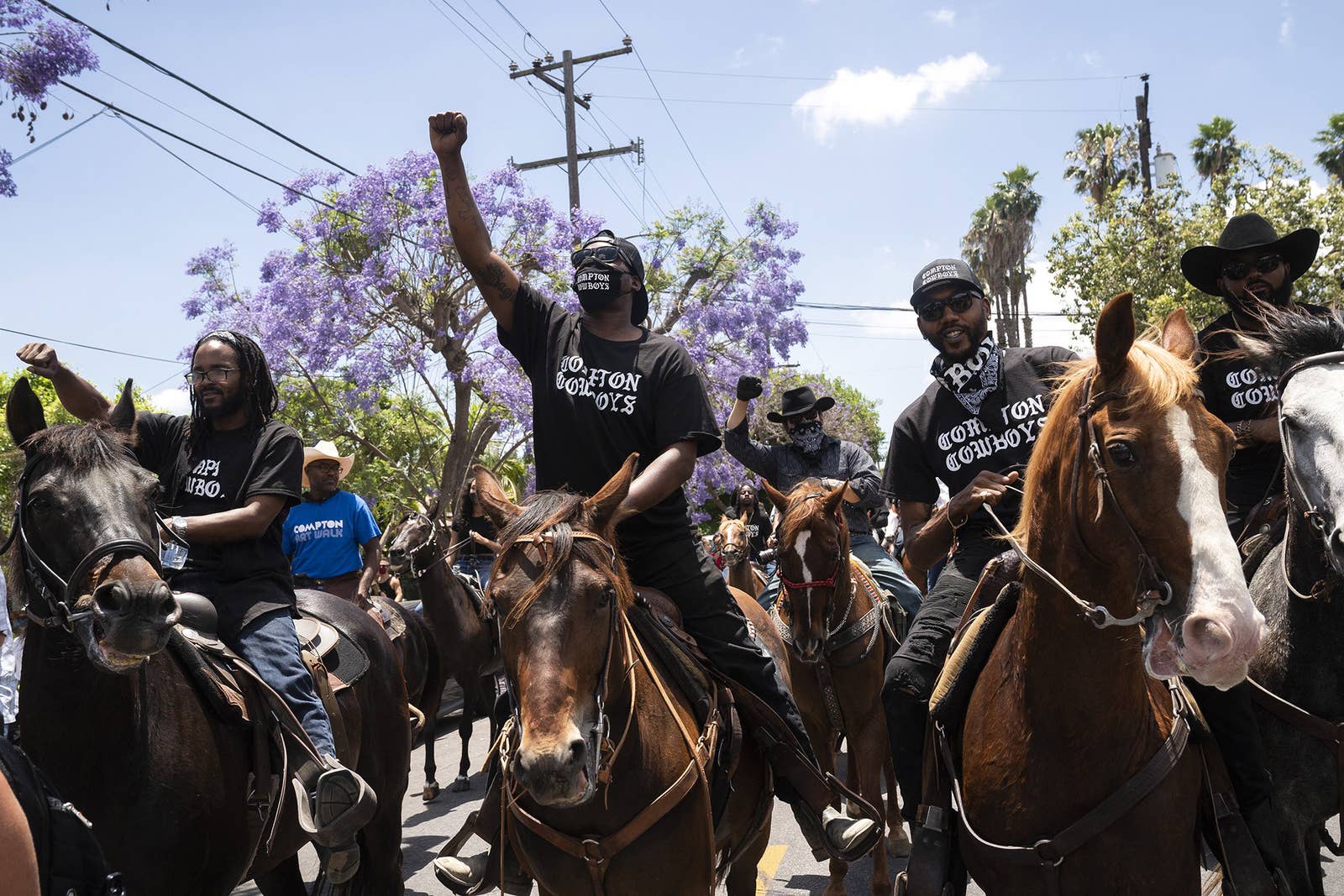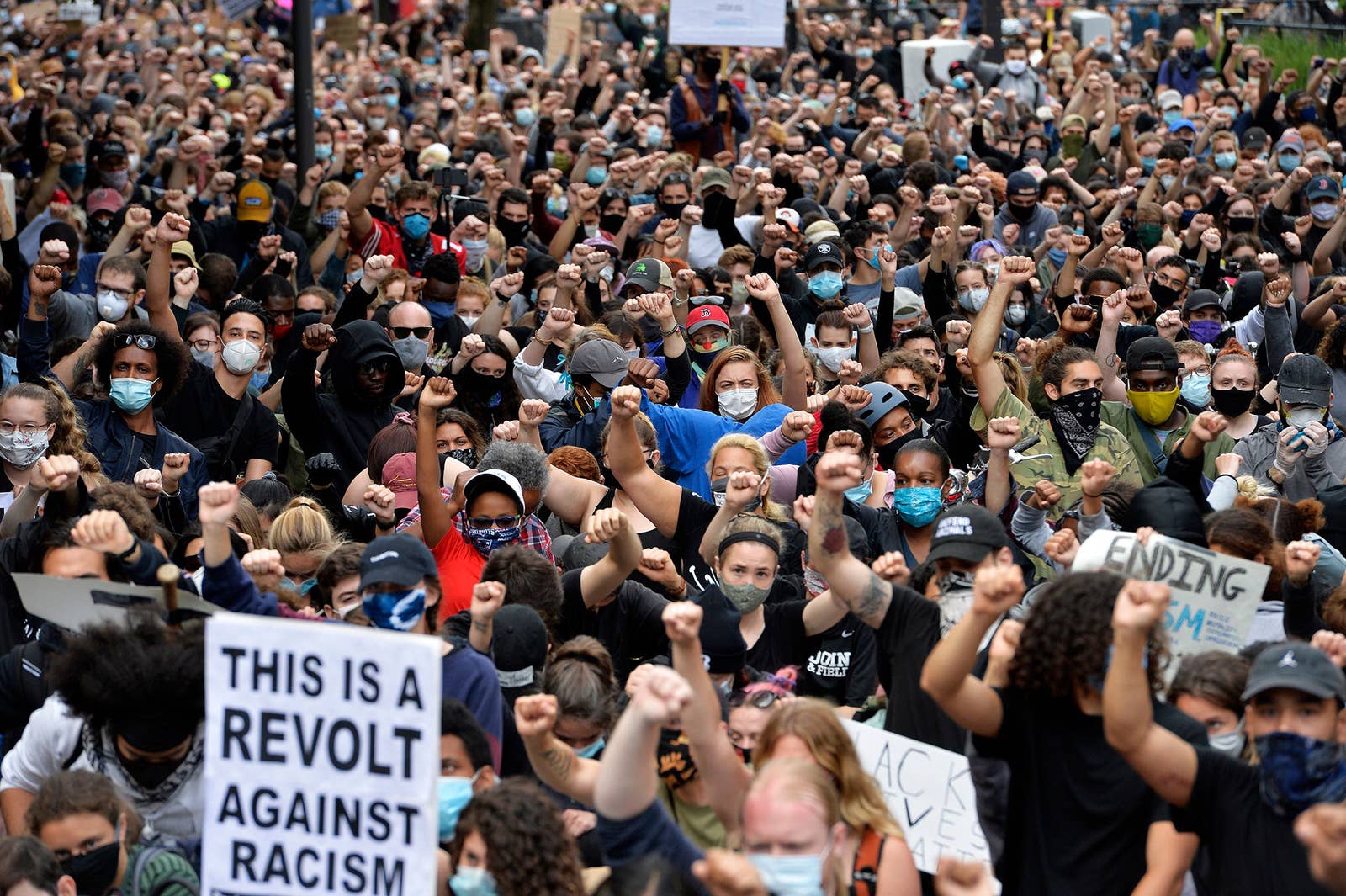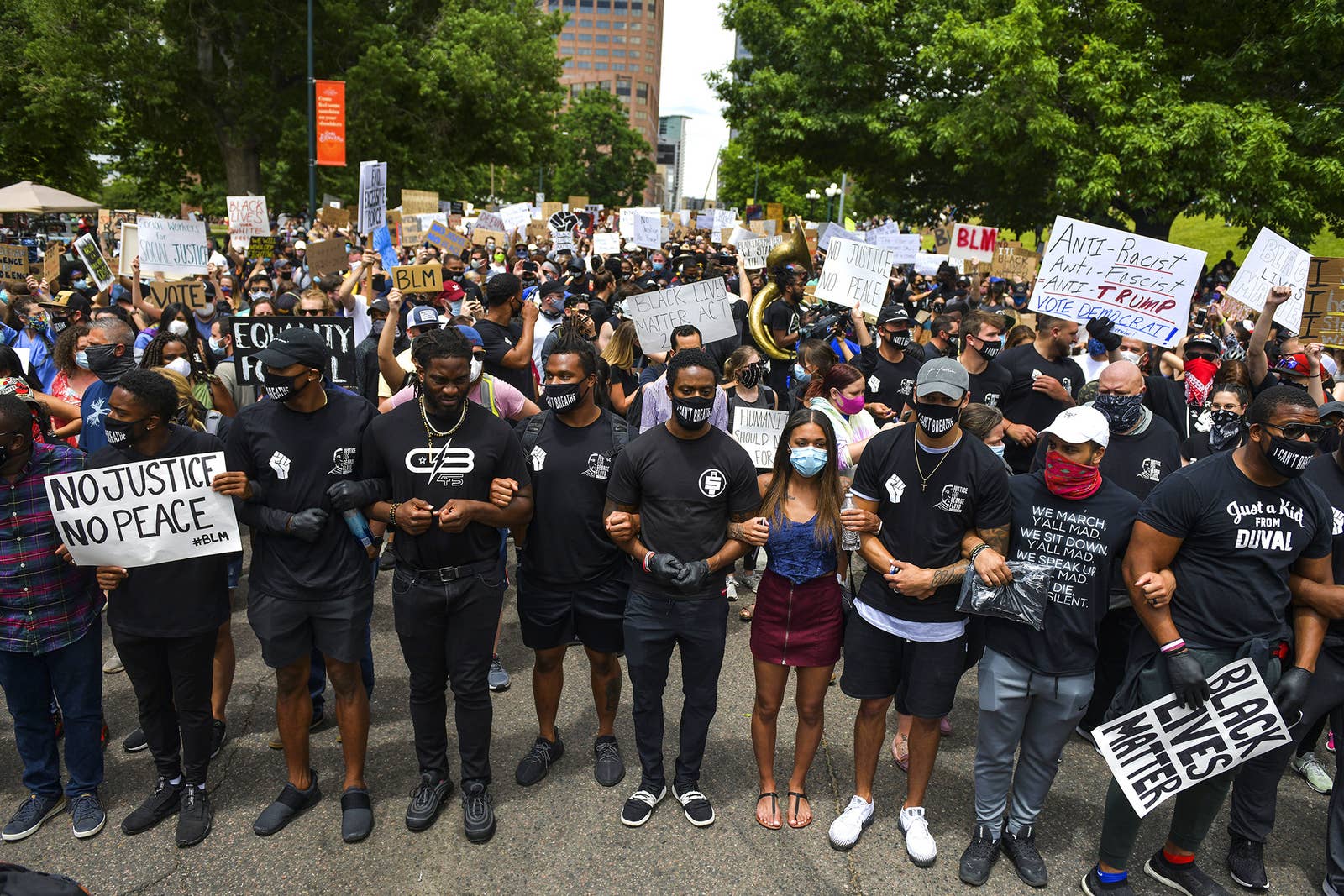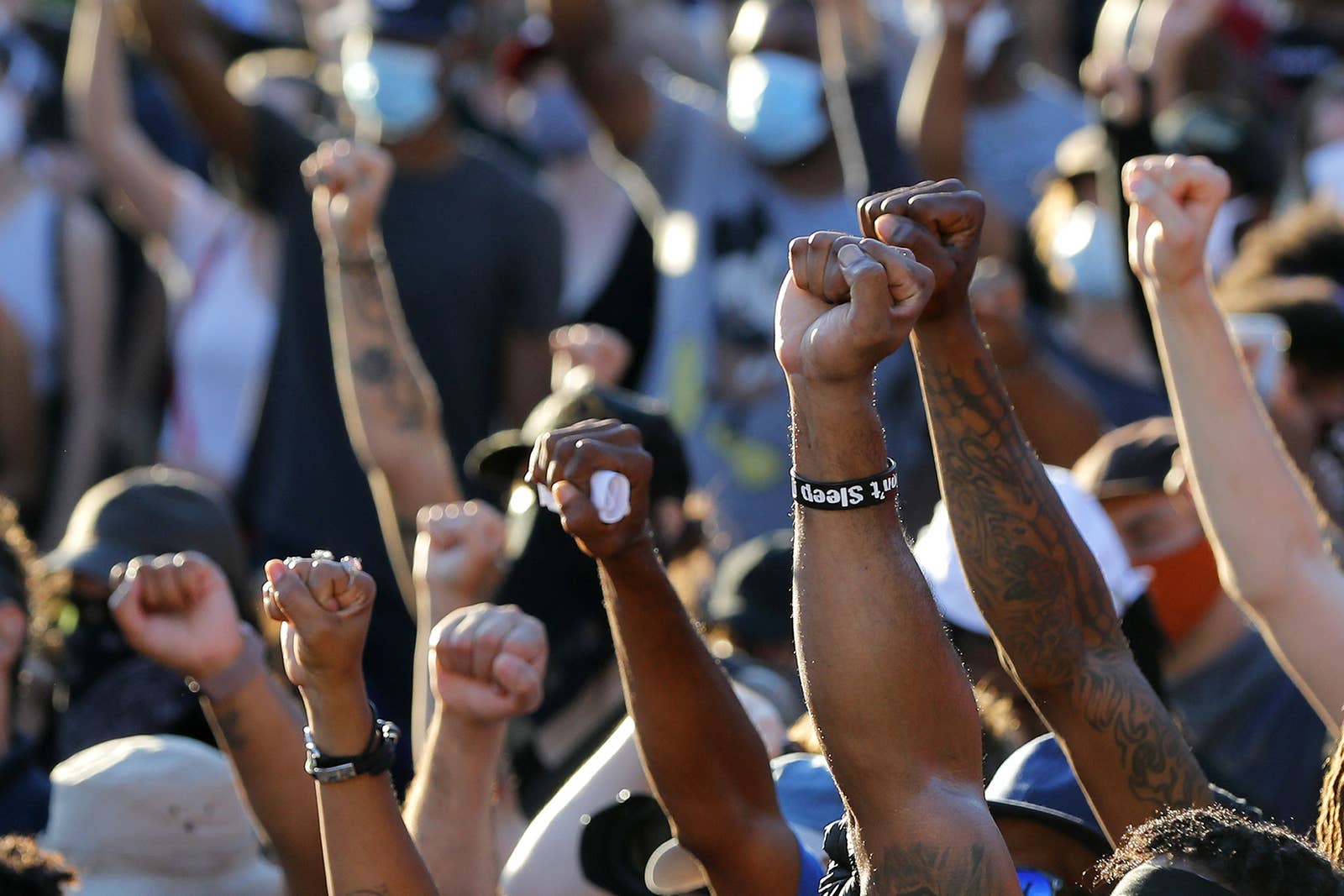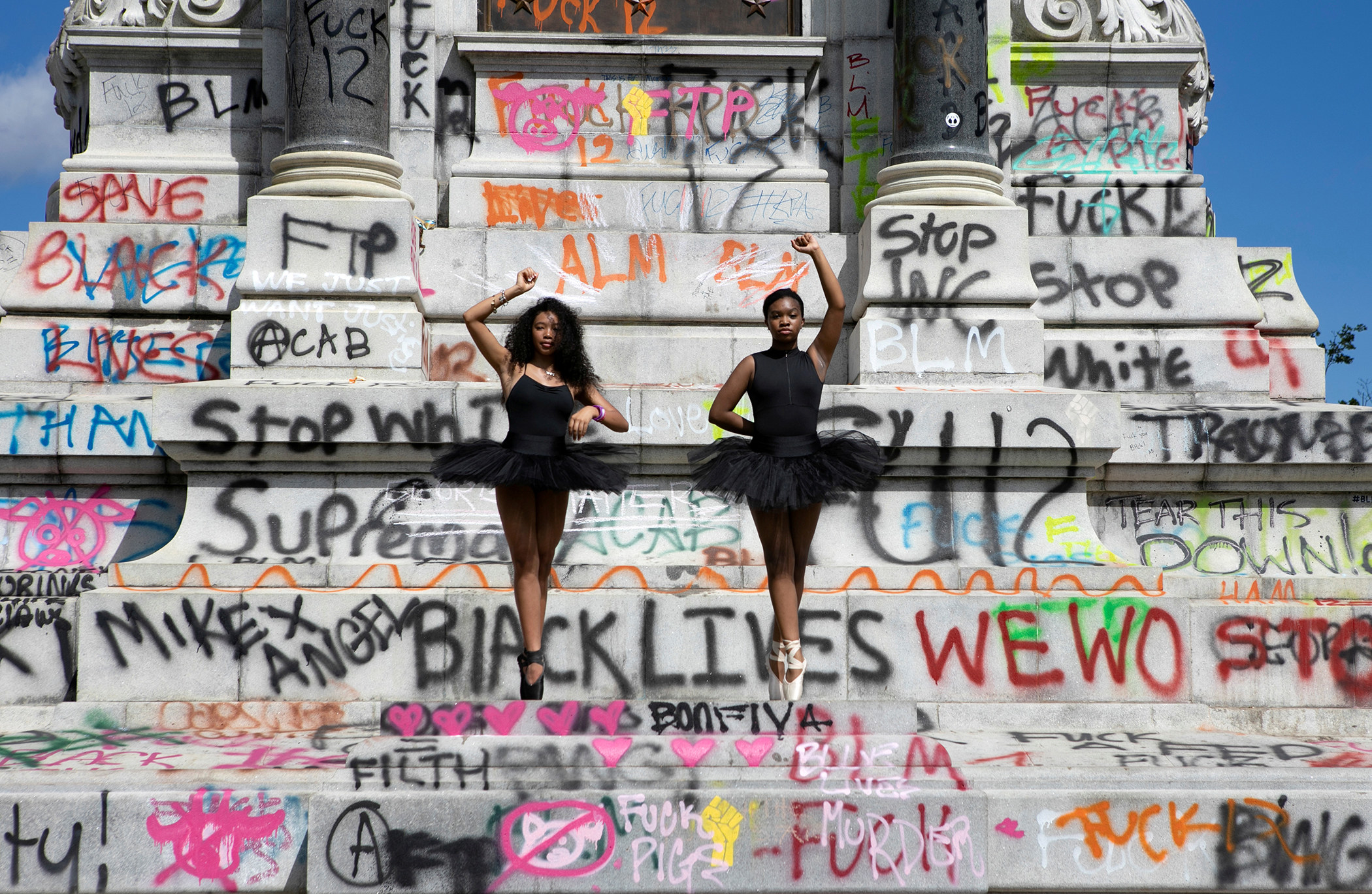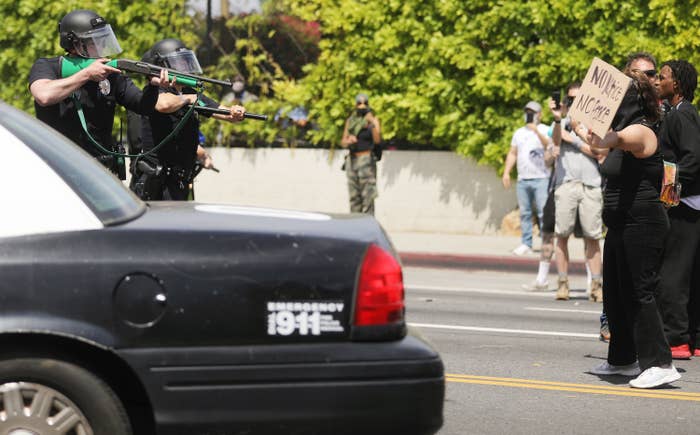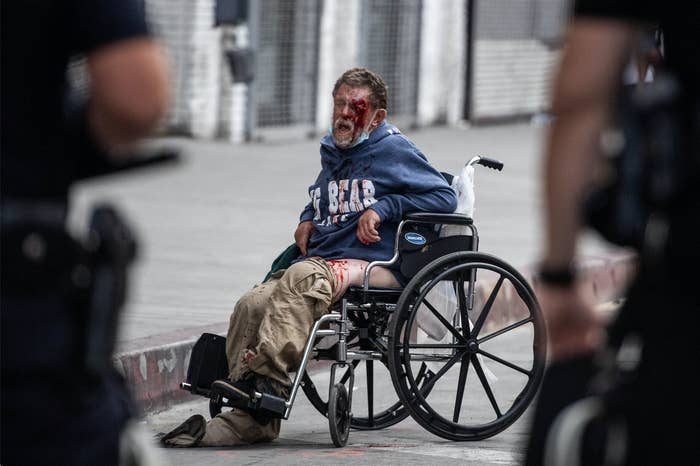on June 8, 2020 By Common Dreams

“Thanks, President Jackass.”
Puritan Medical Products in Guilford, Maine will have to discard an untold number of medical swabs that were manufactured while President Donald Trump toured its facility on Friday, after the president flouted basic sanitary precautions during his visit to the company’s production line.
As with most of the president’s public appearances during the coronavirus pandemic, Trump did not wear a face mask or any other personal protective equipment during his visit to Puritan, which is one of just two companies in the world that make the cotton swabs needed for coronavirus tests.
In contrast with Trump, the Puritan employees seen in photos and footage of the event wore masks, gloves, goggles, and plastic coverings over their shoes.
At one point during the visit, the president put his arm around an employee before saying, “I’m not supposed to do that.”
Maine House Speaker Sara Gideon, a Democrat who is challenging Sen. Susan Collins (R-Maine) for her Senate seat, slammed the president for coming to Maine for a photo-op at all in the middle of a public health and economic crisis as well as unrest over racial injustice—especially considering his visit may have worsened swab shortages across the country.
President Trump shouldn’t have come to Maine for a photo op, but that’s exactly what he did. Now Maine frontline workers have to throw away crucial testing supplies that states across the country desperately need as they combat coronavirus. #mepolitics https://t.co/wFCEUs6mwD
— Sara Gideon (@SaraGideon) June 5, 2020
Former Senate candidate Ross LaJeunesse was more succinct in a tweet directed at the president:
thanks, president jackass https://t.co/X4vyVzJzff
— Ross LaJeunesse (@RossforMaine) June 6, 2020
Slow production of swabs has been identified as a key reason behind the U.S. government’s delays in manufacturing coronavirus tests. As NPR reported last month, Trump did not invoke the Defense Production Act to order scaled-up swab production at Puritan until April 19, more than a month after state officials including Rhode Island Gov. Gina Raimondo raised alarm over the lack of swabs.
Washington Gov. Jay Inslee said in mid-April that weeks prior, he had written to the president and urged him to “mobilize the incredible supply chains that the Department of Defense has and to ask them to convert some of their production from other hardware and software to swabs and contact vials and machines that can do analysis. And he did not agree with that assessment, and we lost weeks, frankly.”
Last month, the Portland Press Herald reported that 61% of Maine’s nursing homes, where many of its coronavirus cases have been confirmed, had seven or fewer swabs on hand to conduct tests. Nearly a third of the nursing homes had no swabs.











 (@the_resistor)
(@the_resistor) 

